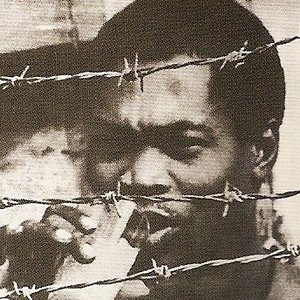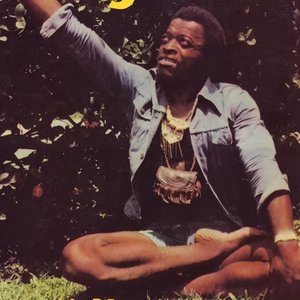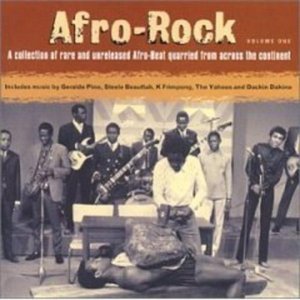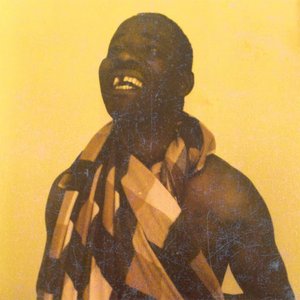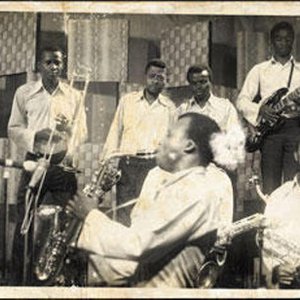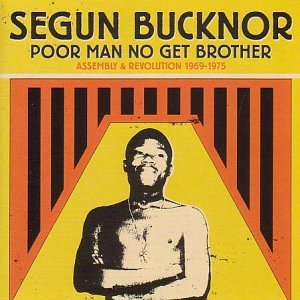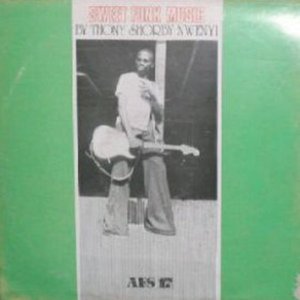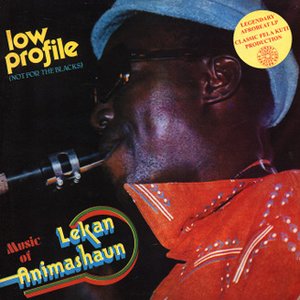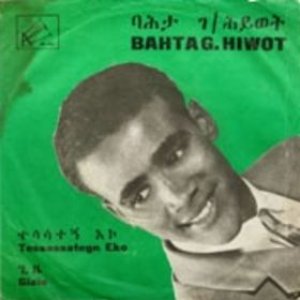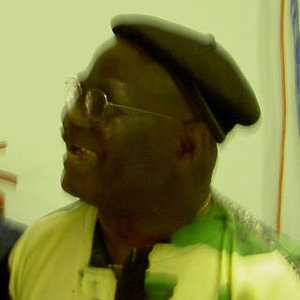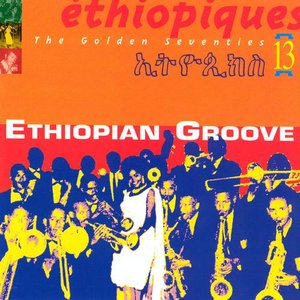Biography
-
Born
15 October 1938
-
Born In
Ogun, Nigeria
-
Died
2 August 1997 (aged 58)
Fela Anikulapo Kuti & Afrika 70
Fela Kuti (born Olufela Olusegun Oludotun Ransome-Kuti;15 October 1938 – 2 August 1997), also known as Fela Anikulapo Kuti or simply Fela, was a Nigerian multi-instrumentalist, musician, composer, pioneer of the Afrobeat music genre, human rights activist, and political maverick.
In 1969, he toured with his band in Los Angeles and was introduced by a friend to the writings of Black nationalist and Afrocentrist proponents such as Malcolm X and Eldridge Cleaver. Inspired by what he had read, Kuti decided to write more political and critical music, and changed the name of his band to Nigeria 70 and later on Africa 70. After Fela and his band returned to Nigeria, the group was renamed The Afrika '70, as lyrical themes changed from love to social issues. Sometimes his albums were credited as Fela Kuti & the Africa 70, Fela Ransome Kuti & The Africa 70, Fela Anikulapo Kuti & Afrika 70, or Fela & Afrika 70.
The musical style of Felá is called afrobeat, a style he largely created, which is a complex fusion of Jazz, Funk, Ghanaian/Nigerian High-life, psychedelic rock, and traditional West African chants and rhythms. Afrobeat also borrows heavily from the native "tinker pan" African-style percussion that Kuti acquired while studying in Ghana with Hugh Masekela, under the uncanny Hedzoleh Soundz.The importance of the input of Tony Allen (Fela's drummer of twenty years) in the creation of Afrobeat cannot be overstated. Fela once famously stated that "without Tony Allen, there would be no Afrobeat".
Afrobeat is characterized by a fairly large band with many instruments, vocals, and a musical structure featuring jazzy, funky horn sections. A riff-based "endless groove" is used, in which a base rhythm of drums, shekere, muted West African-style guitar, and melodic bass guitar riffs are repeated throughout the song. Commonly, interlocking melodic riffs and rhythms are introduced one by one, building the groove bit-by-bit and layer-by-layer. The horn section then becomes prominent, introducing other riffs and main melodic themes.
Fela's band was notable for featuring two baritone saxophones, whereas most groups were using only one of this instrument. This is a common technique in African and African-influenced musical styles, and can be seen in Funk and Hip hop. Fela's bands at times even performed with two bassists at the same time both playing interlocking melodies and rhythms. There were always two or more guitarists. The electric West African style guitar in Afrobeat bands are paramount, but are used to give basic structure, playing a repeating chordal/melodic statement, riff, or groove.
Some elements often present in Fela's music are the call-and-response within the chorus and figurative but simple lyrics. Fela's songs were also very long, at least 10–15 minutes in length, and many reaching the 20 or even 30 minutes, while some unreleased tracks would last up to 45 minutes when performed live. This was one of many reasons that his music never reached a substantial degree of popularity outside Africa. His LP records frequently had one 30-minute track per side. Typically there is an instrumental "introduction" jam part of the song, perhaps 10–15 minutes long, before Fela starts singing the "main" part of the song, featuring his lyrics and singing, in which the song continues for another 10–15 minutes. Therefore on some recordings one may see his songs divided into two parts, Part 1 (instrumental) followed by the rest, Part 2.
His songs were mostly sung in Nigerian pidgin English, although he also performed a few songs in the Yoruba language. Fela's main instruments were the saxophone and the keyboards, but he also played the trumpet, electric guitar, and took the occasional drum solo. Fela refused to perform songs again after he had already recorded them, which also hindered his popularity outside Africa.
Fela was known for his showmanship, and his concerts were often quite outlandish and wild. He referred to his stage act as the "On-the-Ground" Spiritual Game. Fela attempted making a movie but lost all the materials to the fire that was set to his house by the military government in power. Kuti thought that art, and thus his own music, should have political meaning.
Artist descriptions on Last.fm are editable by everyone. Feel free to contribute!
All user-contributed text on this page is available under the Creative Commons Attribution-ShareAlike License; additional terms may apply.

